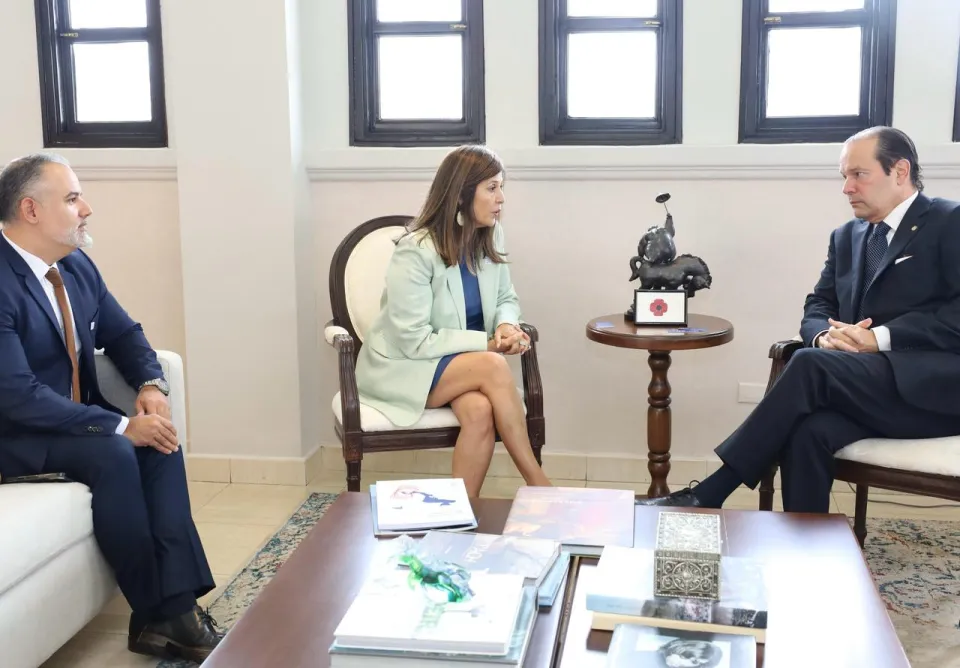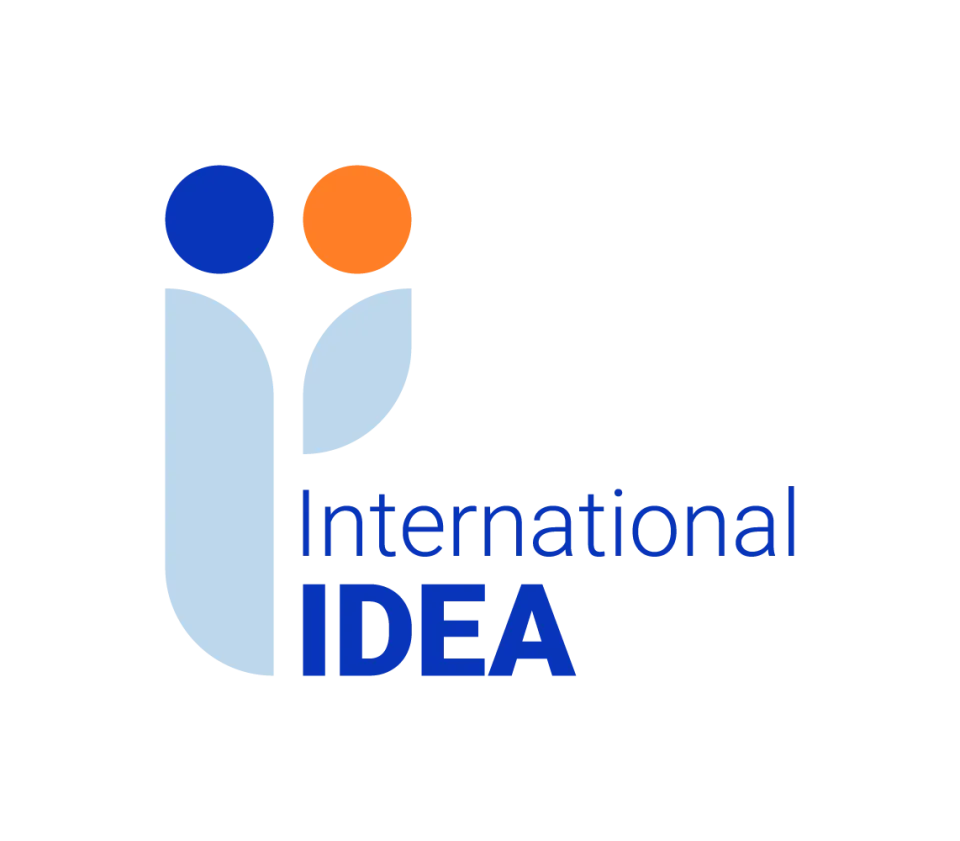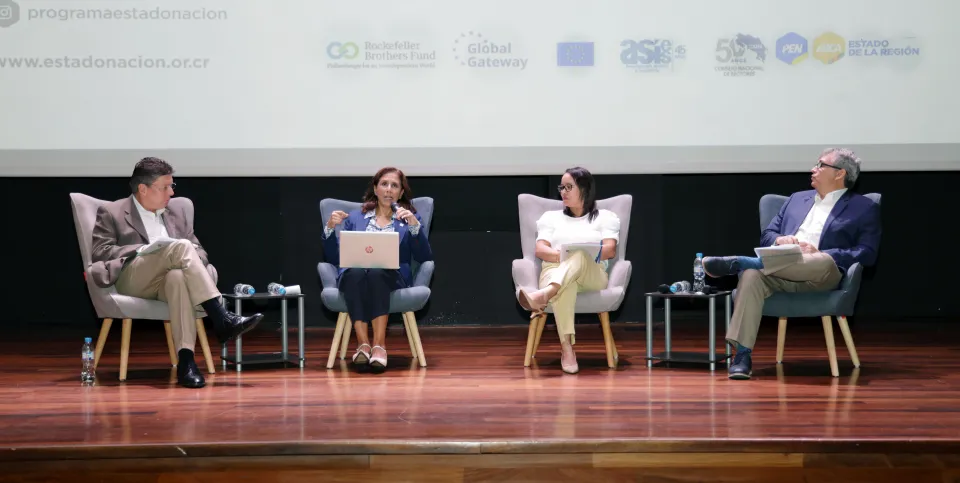In recent years technological advances have changed the basis of many activities. Banks around the world are closing offices and focusing their services on online applications. They know one thing for certain: few young people visit their branches anymore. Most prefer to bank using their computers or even their smartphones.
Búsqueda
Region
Country
Type
Today 43 families are mourning in Mexico. In fact, the whole country is looking back at what happened exactly two years ago to the Ayotzinapa students.

Elections are essential elements of democratic systems.
Political parties are the centrepiece of political representation in democratic systems.
‘Democracy that delivers’ is a catchphrase that summarizes many citizens’ hopes for democratic systems.
Participation offers an opportunity to steer political priorities towards socio-economic development for all. In order to provide this for all people, democratic values and principles need to spread from governments to the everyday life of citizens.
An Android-based app for quick reporting of possible election violations, e-voting through personal computers (in more than 500 village chief elections) and an interest from the President’s Executive Office in using technology to ensure elections are conducted with integrity. Put these elements together and it’s clear that Indonesia has holds technology in high regard to help improve the electoral process, making it the ideal first stop in International IDEA’s Election Tech Tour of Asia.
Electronic voting, biometric registration and other information and communication technologies (ICTs) are increasingly used by electoral management bodies around the world. But do electronic voting systems and complex registration systems have the trust, efficiency and transparency that the public so demands?
ADDIS ABABA – Dans le cadre de leur partenariat pour la consolidation de la démocratie en Afrique, la Commission de l’Union africaine (CUA), l’Organisation Internationale de la Francophonie (OIF) et l’Institut International pour la Démocratie et l’Assistance Electorale (International (IDEA), organisent à Addis-Abeba (Ethiopie), du 29 septembre au 1 octobre 2016, un atelier technique sur le thème « Les registres d’état civil et les élections en Afrique ».
Judiciaries have become increasingly important actors in constitution-making and democracy-building, whether a state seeks to strengthen democracy or transition from undemocratic to democratic rule.
Countries across Africa are struggling to consolidate democracy.
Elections often serve to deepen divisions rather than build social cohesion. There is pressure to change term limits for presidents and election-related violence persists.
YANGON—How can the democratic transition in Myanmar be consolidated and moved forward? During the International Democracy Day event in Yangon, organized on 15 September by Support to Electoral Processes and Democracy (STEP Democracy), stakeholders and high-level keynote speakers including Yangon Region Chief Minister Phyo Min Thein and Peace Conference chairman Tin Myo Win will share their vision on this all important question.
Political parties have come to embody a central element of modern representative democracies—voluntary associations of citizens that aggregate and represent the interests of the people. Not only have they become indispensable for democratic governance, they have thus become the key gatekeepers for accessing political power and voice in governmental decision-making.
Mission Impossible - Organized crime erodes the legitimacy of the state from the local population with global consequences. What can we do?
STOCKHOLM—The International Institute for Democracy and Electoral Assistance is hosting a panel discussion on the crisis of political representation as it relates to political parties.
Local democracy encompasses formal and informal subnational institutions that respond to citizens’ needs.
The relationship between organized crime and politics around the world has become akin to symbiotic.
Brussels - The European Endowment for Democracy (EED) and the International Institute for Democracy and Electoral Assistance (International IDEA) are hosting a high-level panel discussion on State-building, democracy and corruption: Money in politics in the Eastern neighbourhood.
From a national breakdown of targets to policy reform.


